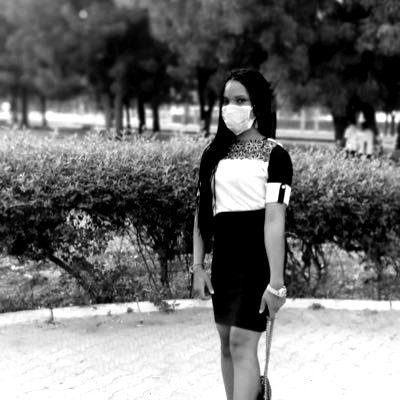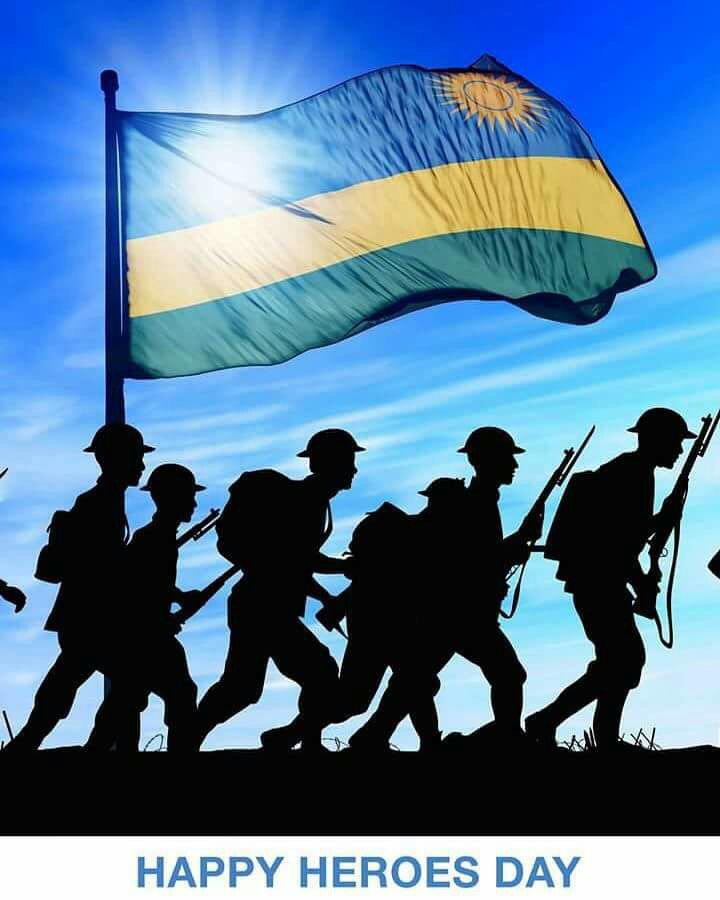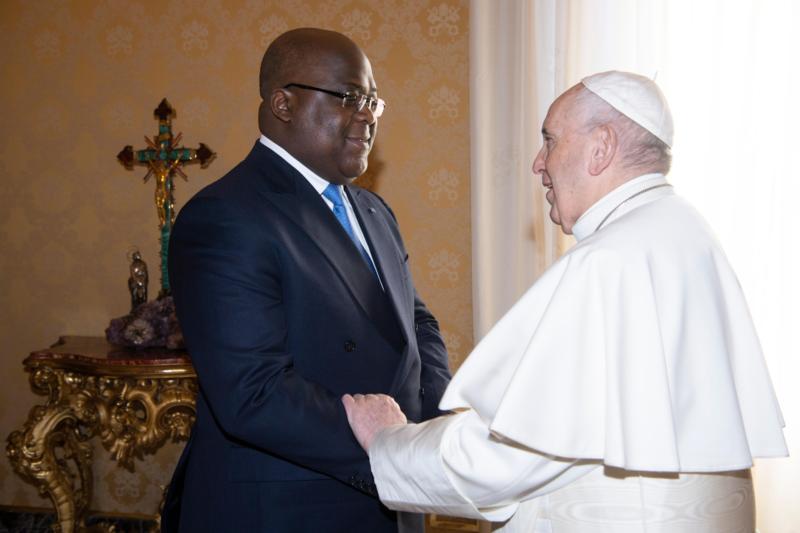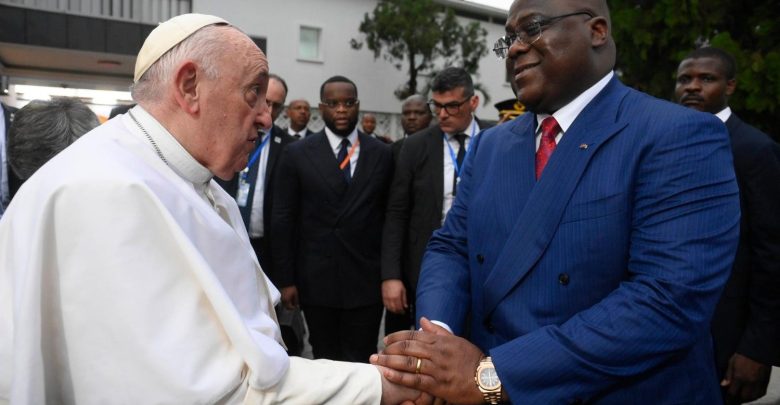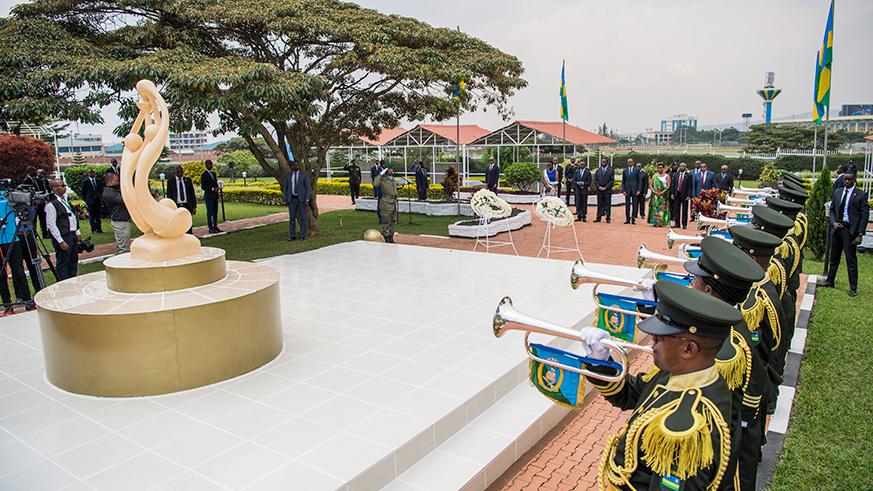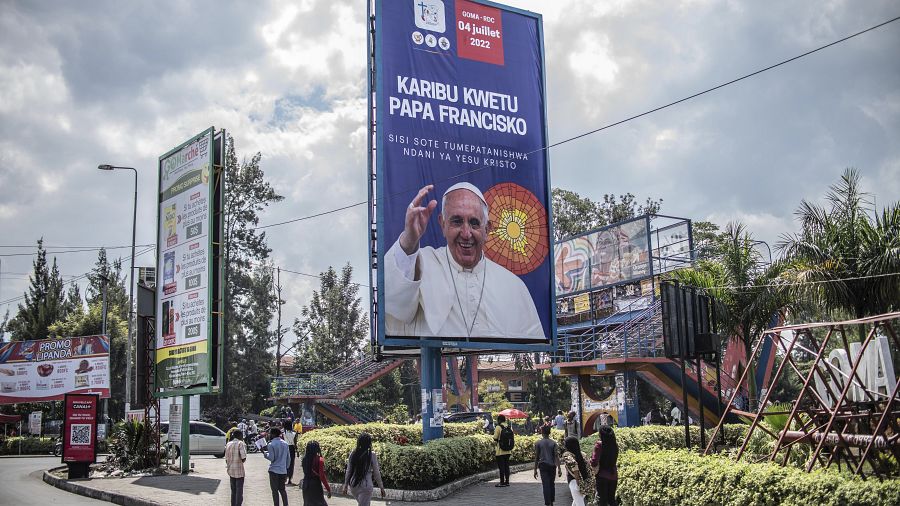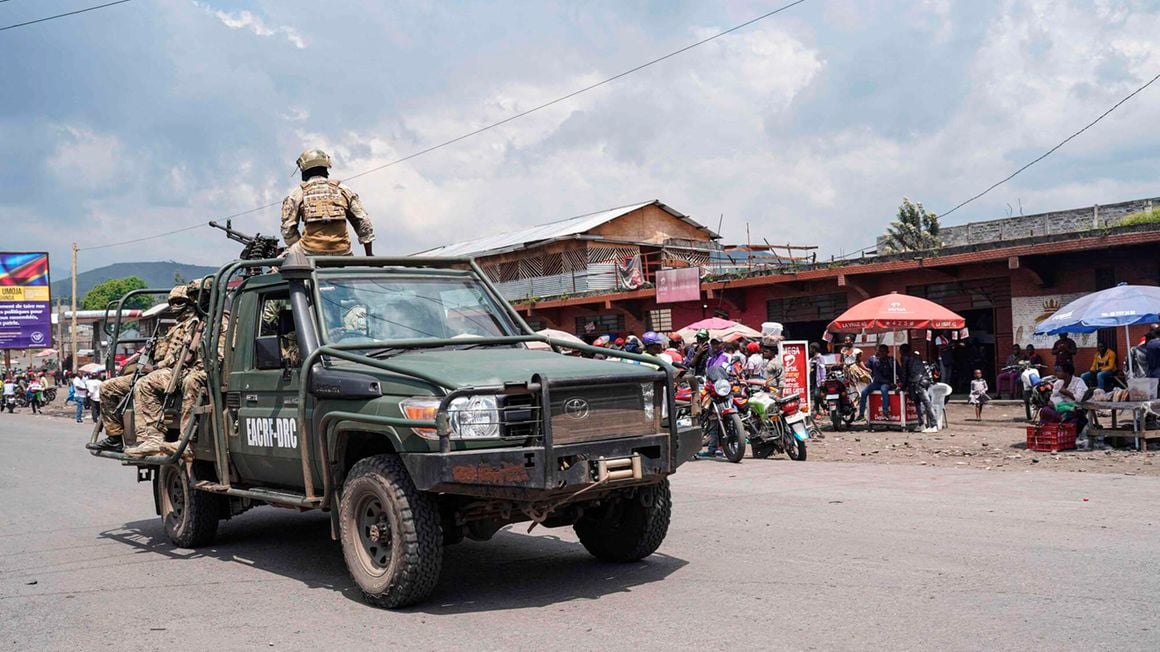Regional
Genocide in DRC: How many more calls does the world need to take action?
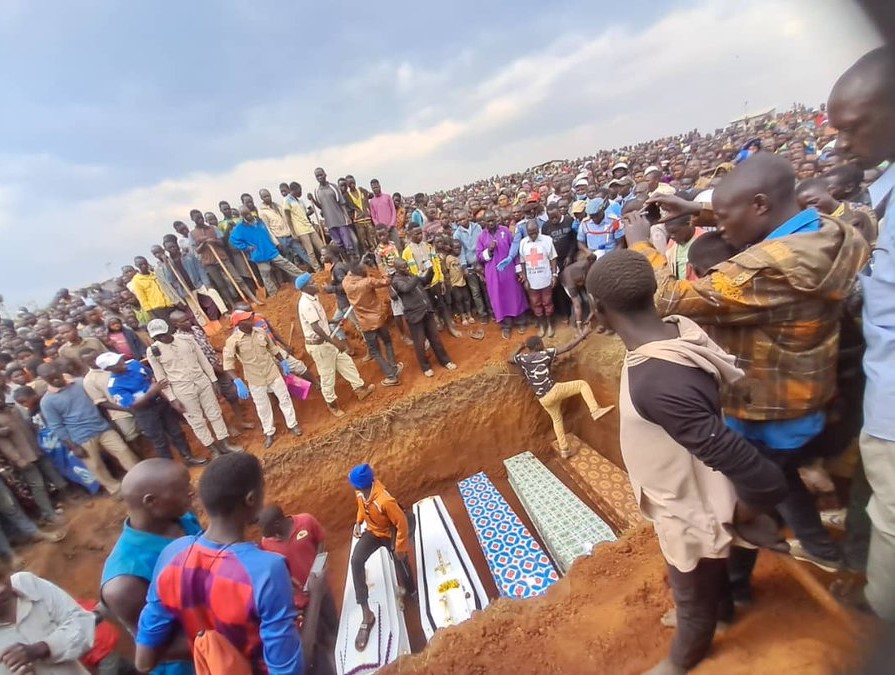
Upon
receiving alarming reports on multiple attacks against civilians along ethnic
lines, in Ituri Province, in the Democratic Republic of Congo (DRC), the UN
Special Adviser on the Prevention of Genocide, Alice Wairimu Nderitu, on
January 23, issued another statement, expressing her concern on the
deterioration of the security and human rights situation in the country.
According
to the statement, since December 1, 2022, at least 195 civilians have been
killed, and many more injured. The cowardly killings were executed by the CODECO
and Zaire armed groups. The victims were of Hema ethnicity, who are traditional
herders. The situation led to an increased number of displaced people – more
than 1.5 million in Ituri province and reduced humanitarian access.
“Impunity
cannot prevail. When such heinous crimes are committed, perpetrators must never
get away with it…The conditions necessary for the commission of atrocity crimes
continue to be present in a region where a genocide happened in 1994-in Rwanda…”
stressed the Special Adviser. “We need to do our outmost to make sure that
history does not repeat itself.”
Nderitu’s
statement comes merely months after her office issued another statement, on
November 30, condemning a genocide against the Congolese Tutsi community on the
basis of their ethnicity.
She
noted that the violence in eastern DRC is being perpetrated by individuals
involved in the 1994 Genocide against the Tutsi in Rwanda who fled to the
region, forming the FDLR militia which is still active.
Both
statements reiterated the indicators and triggers of a simmering Genocide in
the country, including dissemination of hate speech and absence of independent
mechanisms to address it; politicization of identity; proliferation of local
militias and other armed groups across the country; widespread and systematic
attacks, and sexual violence.
But
how many more statements, mass graves and evidence does the international
community, or the United Nations, need to stop the continuous inaction in the
face of a Genocide in eastern DRC?
Kinshasa
failed to condemn these massacres, nor did it acknowledge the loss of lives of its
own citizens. The Congolese communities being persecuted need justice and
protection. And the DRC government should be held accountable for its failures.
The
UN mission in DRC, MONUSCO, is equally to blame. With a deployment of over
19,000 troops in the country, an annual upkeep of over $1 billion, helicopters,
and more, it constantly fails to respond and deter massacres and investigate
the calls made by these distressed communities.
Instead
following the atrocities in Ituri province, MONUSCO only issued a statement
‘condemning’ the barbaric and cowardly killings attributed to CODECO, adding
that the blue helmets ‘launched a patrol’ in the area after the incidents.
Finding
a solution to the recurring abuses in eastern DRC including the targeting of
civilians based on their ethnicity or perceived affiliation, will require
addressing the underlying causes of the violence, and collective commitment
from the international community that goes beyond issuing statements.
Nothing
is being done to reprimand Kinshasa for its complicity in Genocide. How many
more calls, or mass graves, does the world need to take action?


